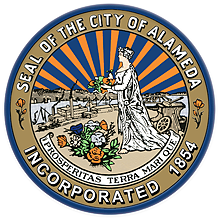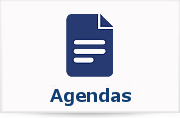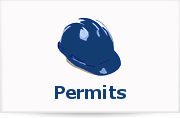What is Stormwater?
Stormwater is any precipitation that comes from the sky. In vegetated areas, such as fields, wetlands and forests, stormwater would seep back into the ground. However, when rain falls onto impervious surfaces such as streets, sidewalks, buildings and other hard surfaces, it runs off and can pick up pollution and litter along the way before reaching the City's storm drain system where it is conveyed until it discharges into either the San Francisco Bay or the Oakland Estuary.
Stormwater Runoff
Rainwater that is not aborbed into the ground and that flows across the land is called stormwater runoff. Stormwater pollution can occur when water runoff becomes polluted as it runs over land. It can be harmful to fish, wildlife, and human health. It can lead to loss of recreational uses and loss of biological and aesthetic value.
Stormwater pollution occurs when water from rainfall, runoff from garden hoses and sprinklers picks up oils, litter, single use plastics, pesticides and other substances from city streets, gutters and sidewalks. The contaminated water enters the storm drain system, and from there, is carried untreated to the Bay and Estuary.
Many stormwater pollutants are invisible. However, if you see any visible litter or plastic, oily sheen or turbidity (cloudiness/silt) on water flowing off paved surfaces, you've have seen an example of stormwater pollution.
How Can You Prevent Stormwater Pollution?
Dont Litter. Trash, single use plastics, and other wind blown debris left in the streets, parking lots or driveways will likley end up in a storm drain and eventually onto our shoreline or in the Bay or estuary.
Avoid using pesticides in your yard. No one wants their garden or lawn infested with pests but you avoid the "bad" bugs and keep the good ones, and protect your family and the environment with less- or non-toxic methods. The Our Water Our World website has tips, product lists, bad and good bug identifiers, and even an Ask The Expert resource.
Dispose of pet waste properly. Pet waste is high in nutrients and bacteria. Pick up pet waste and deposit it into the toilet or trash.
Wash your car at a car wash. Detergents are harmful to aquatic life. Most carwash facilities either connect to the sanitary sewer system or treat and recycle the wash water on-site.
Keep your car properly maintained and leak-free. Leaking vehicle fluids that drip onto the street or your driveway can wash into the storm drain by rain. Vehicle fluids, such as motor oil and anti-freeze are harmful to aquatic life.
Properly dispose of household toxics such as paints, oils, grease, fluorescent bulbs, batteries and chemicals. For more information about disposal of household toxics, please visit the City's Integrated Waste Program.
Properly store household toxics. Make sure that household toxics are stored in indoors or in dry areas and properly contained so as to avoid stormwater runoff and prevent spills. Properly dispose of any household toxics you are no longer need or are not using.






